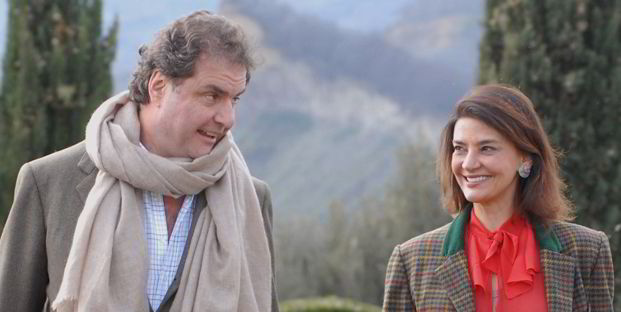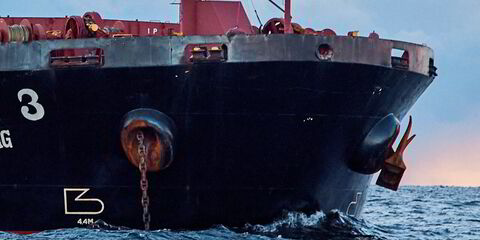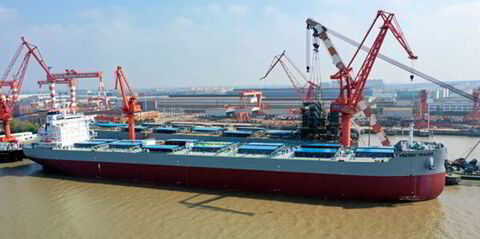Shipowner Paolo d’Amico and his Brazilian wife Noemia share an element in their genetic make-up. D’Amico’s family roots in the south of Italy and Noemia’s Portuguese ancestry provide a strong common thread — wine.
“I think like all the ‘Mediterranean’ people, we have two things in our DNA: one is wine and the other is olive oil. Those two things we can’t ignore, so we are always by culture attracted by wine,” the third-generation shipowner explains.
After they married in the 1980s, the d’Amicos searched for a spot that offered both beauty and a challenging vine-growing environment. They chose a location on the volcanic slopes around the Tuscan municipality of Vaiano, near the border with Lazio and Umbria.
“There was nothing there. It was totally zero,” d’Amico recalls of the site that 20 years on hosts the Villa Tirrena estate, which provides the family with a country retreat and a second strong business.
Today the family wine cellar — designed by the architect Luca Brasini and cut into the rock under the vines — hosts four types of red wine and six varieties of white.
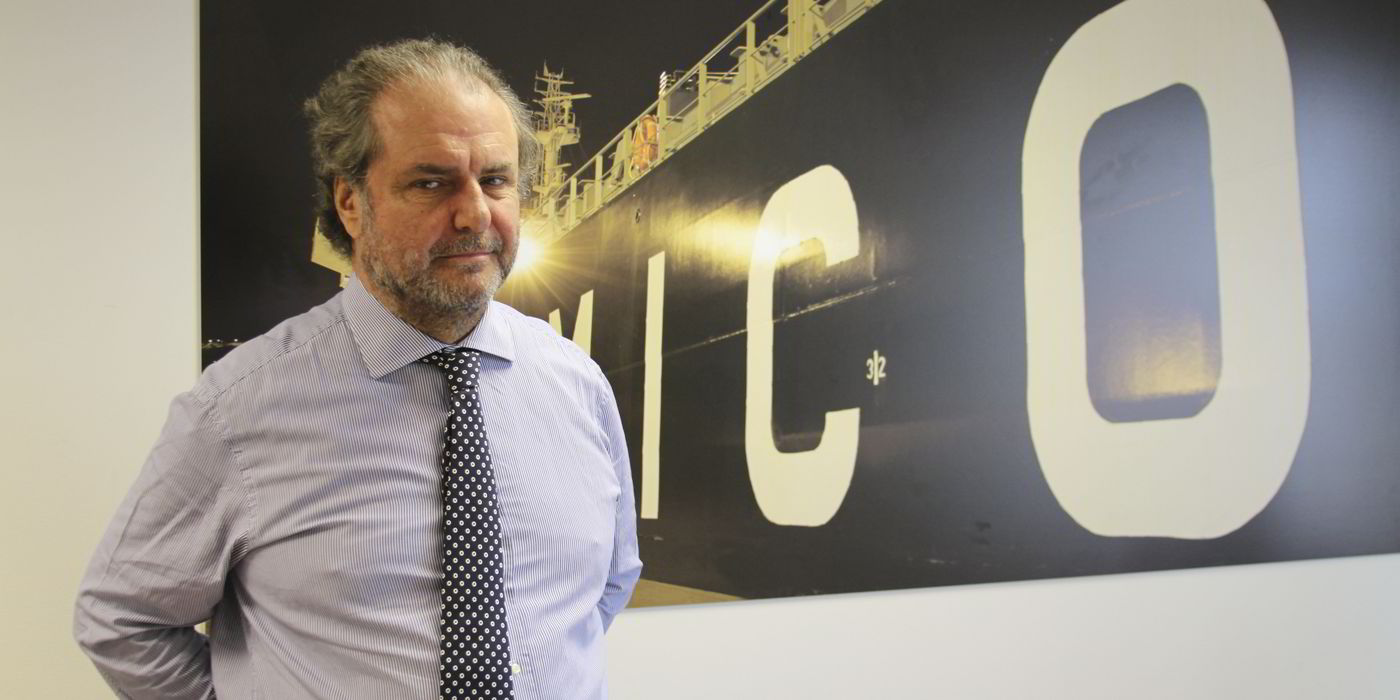
“The perfect wines for me are many,” says d’Amico. “Wine is a fundamental thing for us Italians — and I’m sure today for the majority of people, as wine is gaining in the culture of many countries...
“There is a wine for every event of the day and for every season... or at least the cold season and the hot season.”
The wine business, which botanical expert Noemia is very much in control of, offers both a romantic backdrop and another objective for the family, d’Amico says.
“If you share a business with your wife, your life as a couple turns another corner,” he explains. “It’s interesting and I think it helps to keep a relationship going.
“It is romantic. On some occasions it is very romantic and on other occasions it’s a bit of a struggle. The overall result is very good.”
While d’Amico jokes that he is not a good salesman, his travels in the world of shipping have enabled him to spread the word about the Paolo e Noemia d’Amico Company.
“Normally I try to sell wine in the places where I work,” he says. “Of course I like to go to a restaurant and sell my wines there. That is the only piece of commercial activity I do.
“So you will see our wine in Singapore, you will see our wine in Tokyo, you will see our wine in Seoul and I’m working to have our wine in Vietnam [where d’Amico International Shipping (DIS) has newbuildings under construction].
“And of course you see our wine in London and in New York, as they are related to places where I travel and work. This is the only thing where the two things overlap, because I’m very much in shipping and my wife looks after the wine very well.”
The 61-year-old describes the wine business as highly competitive: “The world produces a lot of wine. It drinks a lot, but it produces a lot, so to go into the market to get your small and then bigger market share is always complicated.
“It was a challenge we liked very much. We succeeded in many markets. On others we are still working. I like the idea it’s a work in progress. I don’t want to arrive at a point where we say, ‘Okay, we have done everything’. This is something we do for the fun and the business. It is also something we think should go over to the next generation.”
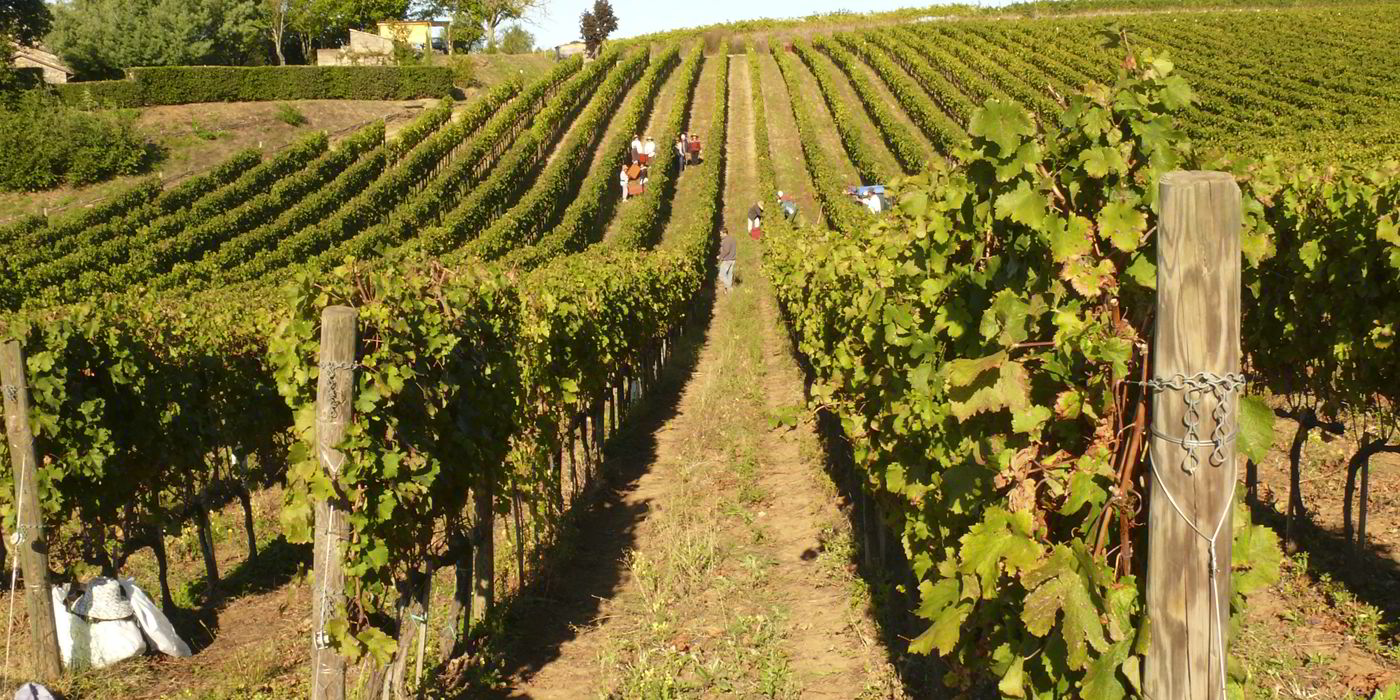
The vineyard offers an escape from the busy business world. “Life comes not to a standstill but it slows down a lot, thank God,” d’Amico jokes. “When you have so many vines, it’s not an easy job. But this is a fantastic thing because it rests me — and I can relax a lot.”
The Tuscan hillside has also welcomed clients, providing a picturesque backdrop for internal seminars. “We did that with the tanker group,” he says. “We meet there and all the boys have two days where they relax too and then we talk about our problems, but in a completely different way. Things are solved in a better way and you have quite a team-building.
“We are spread out from an operational and chartering point of view. We have three offices in Singapore, London and Stamford, Connecticut, and we spend a lot of time just talking on the phone. Putting that all together some place is not a bad idea. I think we should do it more often.”
The past year has provided ample opportunity for the family to search in the cellar for a celebratory bottle.
In 2015, with the products tanker market flying, the fleet of Milan-listed DIS passed 50 ships. D’Amico describes that as a “nice number” and on such occasions recommends a Falesia from the family’s white range — or, for red drinkers, the Atlante.
He is happy with how DIS is developing but investors should not expect growth at any cost.
“I am heading the business using the fundamentals that my father taught me. I’m not around to have a fleet of 100 ships to go around saying that ‘I have 100 ships’. I don’t give a damn about this, as I don’t give a damn about having a $1bn company.
“I care to do what I can do and what I can afford and to say things after I have delivered, otherwise I don’t do it. For me, life has been a privilege big enough and I don’t need the troubles.”
He argues that the idea of listed shipping companies needing a market capitalisation of $1bn was invented by hedge funds. “I don’t think we are delivering worse results than somebody else who is a $1bn company. I don’t really see the point. Probably it’s a matter of volume for liquidity of the shares,” he says, adding that this is an element the company has well covered on the Milan Stock Exchange.

“I would say we averaged a volume of share transactions through much of last year of something like two million per day in Milan. I don’t think if I go to New York I’m going to do four million. The liquidity is there.
“Certainly in New York there are many funds that don’t even think of Milan, because once they invested in New York they already did what they had to do — so they are not going to be our shareholders. But there are many funds and many shareholders who are happy to buy our shares in Milan.”
D’Amico joined the shipping business when he was 18. Speed of communication, a huge rise in shipyard productivity and the reduced lifespan of tankers are some of the main changes he has seen. They mean “you now have to look at the cycle in a different way”.
However, he takes comfort in the constants. “Today, you still have to travel, because, thank God, we are not limited to an email. We still like to look in each others’ faces and have lunch — why not? The perfect lunch will never disappear in shipping.”
The Italian followed his father into the industry and the d’Amico shipping business remains a strong family unit. Paolo’s son Carlos and daughter Antonia are already involved, as are the three children of his cousin Cesare.
“Every generation has a new story and we have to see if they stay. I think they will,” d’Amico says. “It’s a beautiful job. Let’s face it, it is international, it brings you to very nice places — and very ugly ones too, because a lot of the oil terminals and shipyards are not in beautiful spots. You have to share the both of them.
“I think it will work. We have a good generation of young kids. They are well educated and I’m optimistic.”
The younger members of the family also lend a hand in the wine business. “Let’s say, if they see an opportunity to sell a bottle, they do it.”
Swimming pool wine: Dive right in!
Paolo and Noemia d’Amico offer 10 varieties of wine, and they know how best to enjoy them.
“If you start from a morning wine, one you can have as an aperitif for lunch — or a ‘swimming pool wine’, I would call it, for the summer time, because you are in the water and you want something light — certainly the Noe is the wine,” the shipowner says.
“If you want something a bit more structured because you are at a lunch, it is the Terre di Ala, which is a sauvignon blanc.”
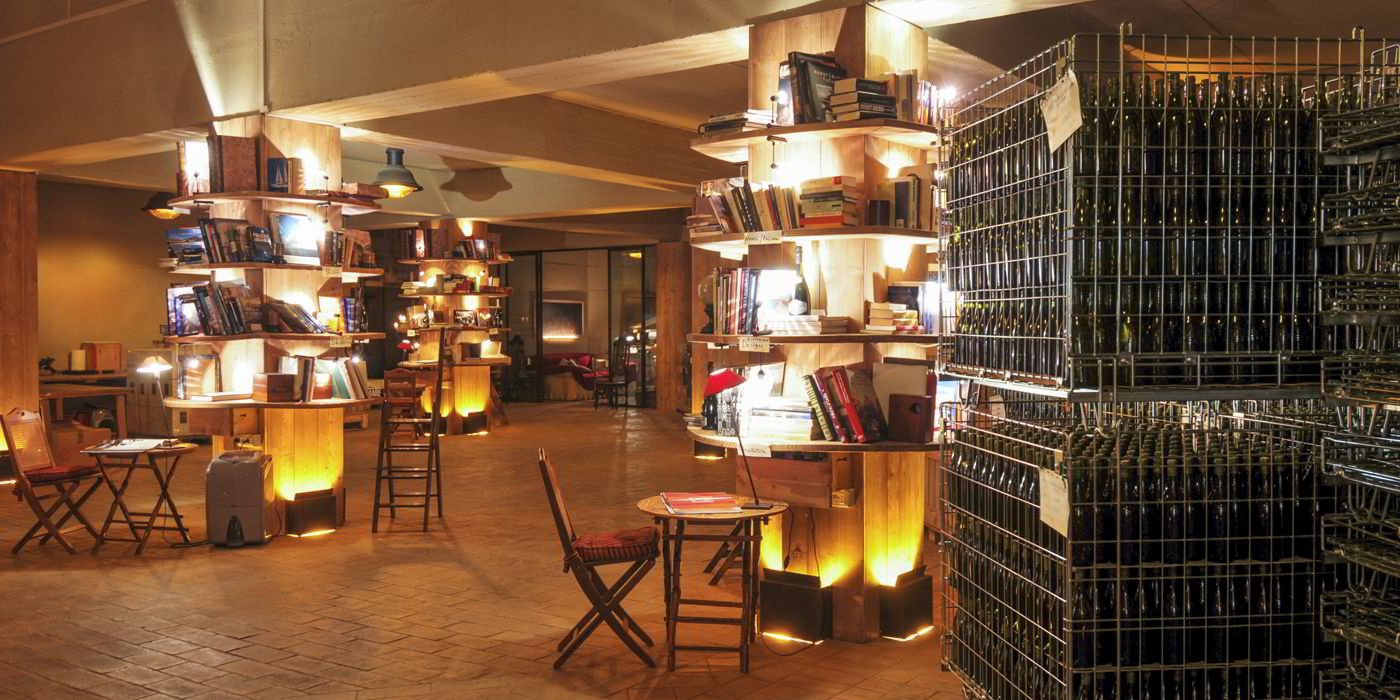
He suggests saving the chardonnay for the evening. “The Calanchi di Vaiano, which has been fermented in steel, and the Falesia, which is fermented in oak,” he recommends. “That is a matter of personal feeling and taste. The oak-fermented chardonnay is more for the Anglo-Saxon world and the steel-fermented is more for the Mediterranean — but I love both.”
Of the reds, the Villa Tirrena, which carries the name of the estate, is a nice merlot, a “fantastic, every-day red”, d’Amico says.
“Then you go to something more sophisticated like the Notturno dei Calanchi or the Atlante. The Atlante is something if you buy, you buy two bottles — one you keep in the cellar and the other you drink. The Atlante is something we are still developing. The first year was in 2011, but it is highly promising.”
PLUS POINT:
In climate, customs, culture, language and latitude, Portugal — Noemia d’Amico’s ancestral homeland — is a Mediterranean country. However, none of its 1,793km of coastline touches the Mediterranean Sea.
